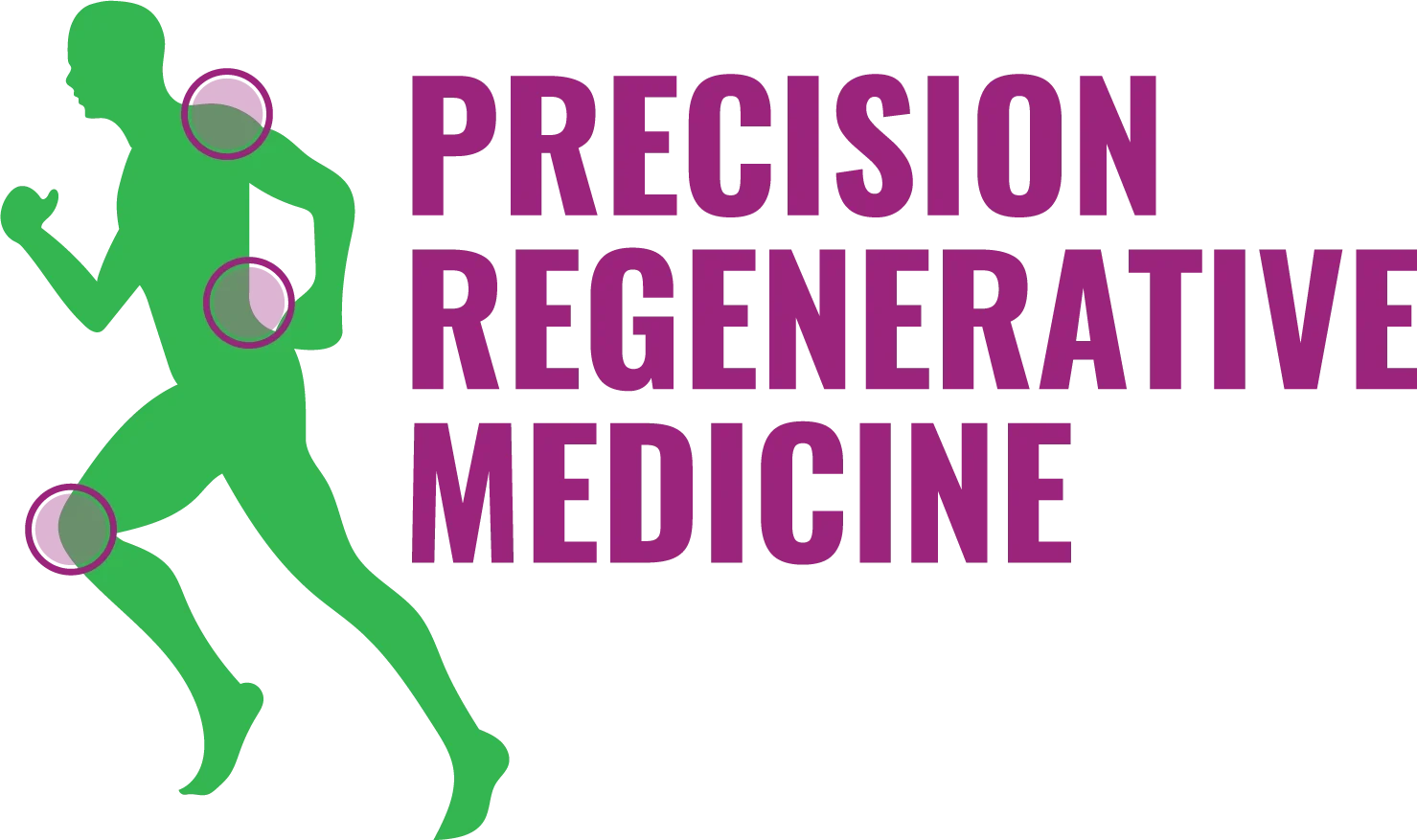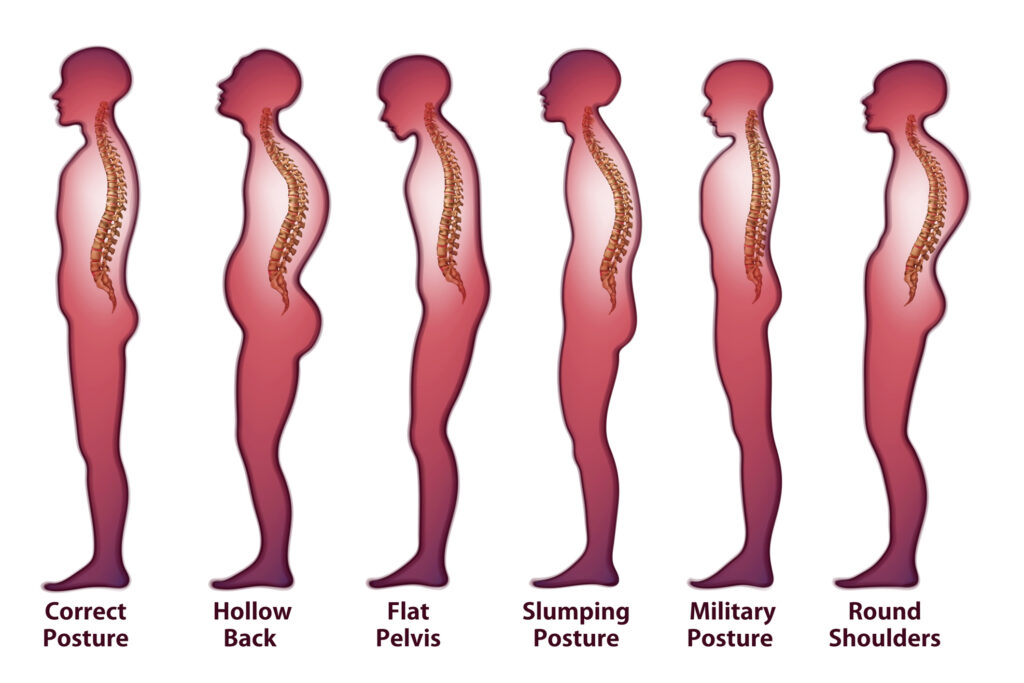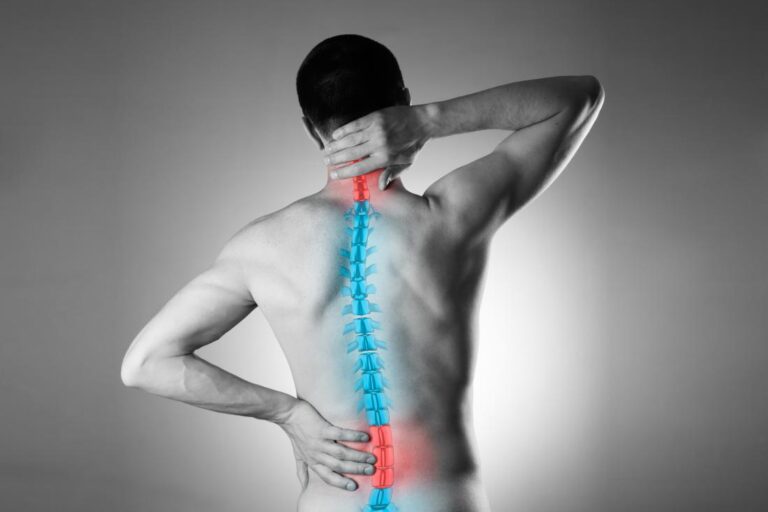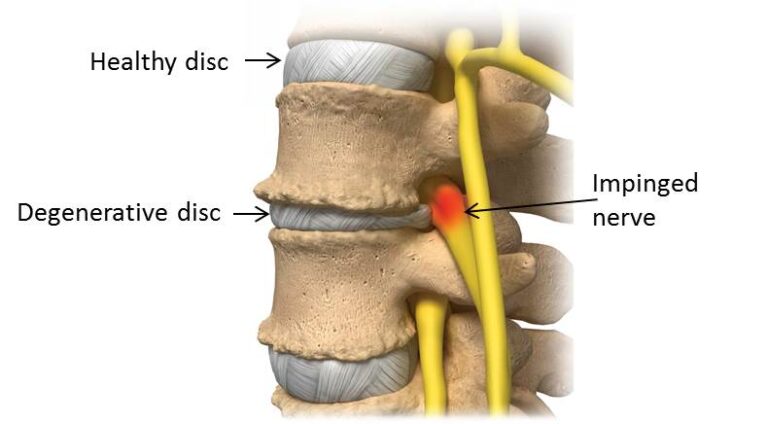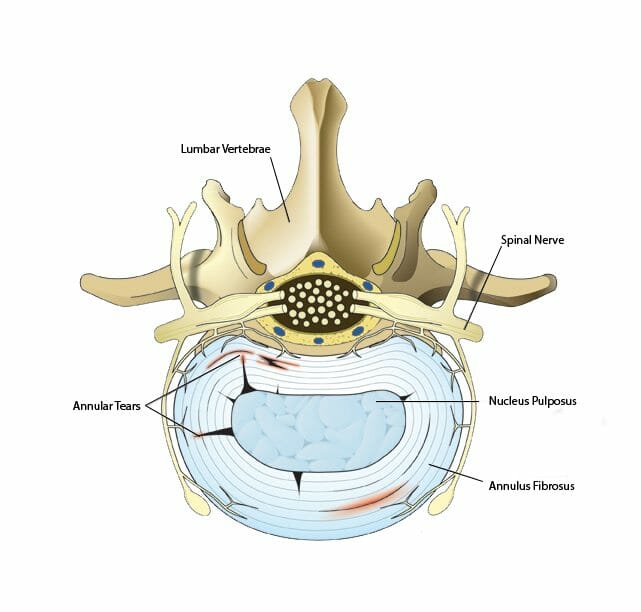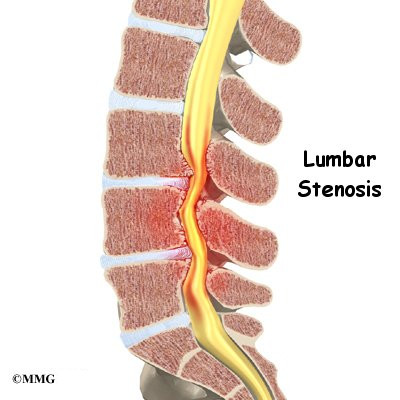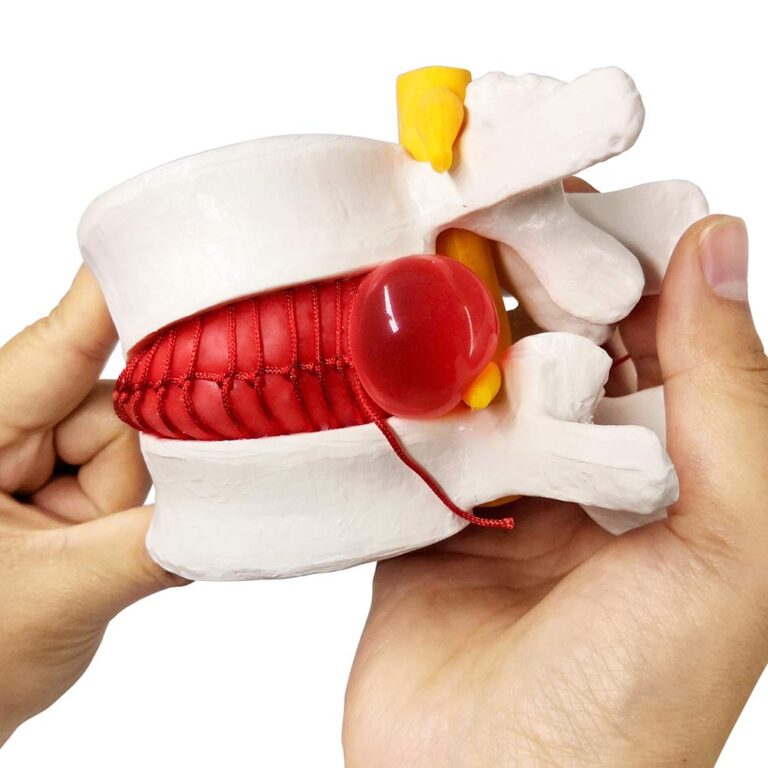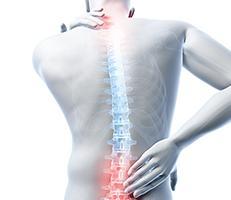These Bad Habits May Be Putting Your Spine in Jeopardy
Back pain is one of the primary reasons Americans seek medical help each year — and for a good reason. Chronic back pain can severely limit what you can do physically and mentally and ultimately lead to disability without the right treatment.
At Precision Regenerative Medicine, regenerative medicine specialist Tammy Penhollow, DO, offers several treatment options, including PRP (platelet rich plasma) and bone marrow derived mesenchymal stem cell therapy (BMAC), to address spine injuries or conditions at the heart of chronic back pain.
In addition to treating your pain, Dr. Penhollow can recommend strategies you can implement to prevent additional spine pain and other symptoms. Many strategies involve breaking bad habits you may not even realize you have.
5 bad habits that trigger spine-related pain
Your spine is the major support system of your body. A healthy spine gives you a wide range of motion, so you can move in different ways and be physically active.
Sports injuries or degenerative diseases can negatively impact your spine health and function. You might also be at risk for spine pain due to these bad habits:
1. Sedentary lifestyle
If you don’t exercise regularly, your spine may suffer the consequences. A sedentary lifestyle can increase your risk for obesity, which puts unnecessary pressure on your spinal structures and the joints in other parts of your body.
Physical activity also keeps your blood circulating properly to supply your spine with oxygen-rich blood to function optimally. It also helps fight age related muscle loss (sarcopenia); muscle atrophy leads to weakening of the stabilizing structure of the spine and can lead to injuries.
2. Extended periods of sitting
Many people work at jobs requiring them to sit for long periods. This can affect your spine health, especially if your chair isn’t supportive and you don’t break up your day with some activity.
Extended sitting can also be a problem for your spine if you don’t practice good posture. Being bent over your computer or phone for long periods can lead to tension and pain in your back, neck, and shoulder muscles.
3. Poor sleep habits
Sleeping on an old mattress or using a non-supportive pillow can move your spine out of alignment and lead to pain and mobility issues.
Also, if you’re not getting enough sleep, your resilience in fighting any pain, including back pain can get worse.
4. Carrying too much weight
If your purse or briefcase is overloaded, it can hurt your back. You may also be at increased risk for spine-related pain if you lift too many grocery bags or other heavy items at once.
Additionally, if you have to lift heavy objects for your job or when cleaning your house, know that improper lifting techniques can strain the muscles and other tissues in your back and lead to persistent pain.
5. Unsupportive footwear
Wearing high heels or shoes without proper arch support can hurt your spine, lower hips, and feet. Unsupportive shoes can put unnecessary stress on your joints and affect the weight distribution of your body. Did you know that even if the outside of the shoe looks okay, that, like new tires on a car, after a certain number of miles on your shoes, you may need to change the insoles.
Over time, your footwear choice can lead to gait problems, chronic back pain, and loss of mobility. You can also end up with imbalances in the structures in your feet that cause pain and other complications.
Help for spine-related pain is available
If you’re limited by spine pain, we can determine if you’re a candidate for regenerative medicine therapies like platelet-rich plasma (PRP) therapy, bone marrow derived stem cell therapy, or prolotherapy.
Dr. Penhollow can also provide resources you can use to preserve your spine health and reduce your risk for additional pain.
Call Precision Regenerative Medicine in Scottsdale, Arizona, to schedule a diagnostic evaluation for spine pain, or book an appointment online today.
